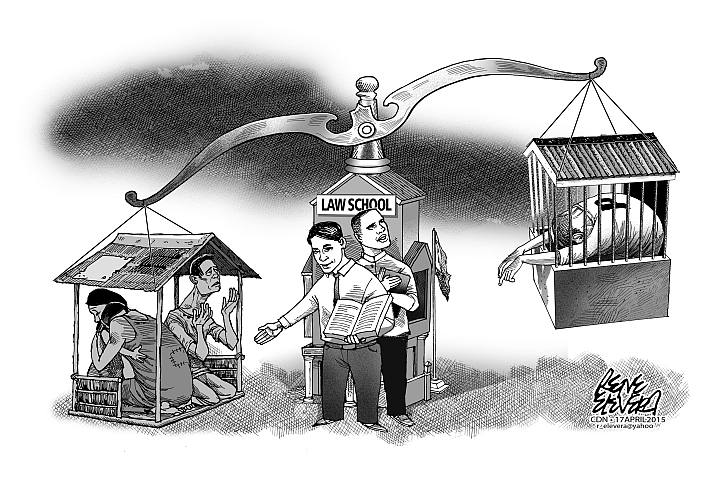
The last hours of Australian teacher-turned-inmate Hilton Reece Munro stirred sympathy even as the crime for which he was detained, the sexual abuse of boys, caused revulsion.
Before hanging himself, Munro spent a long night writing down his last thoughts.
We don’t know what was contained in the last pages.
But a handwritten letter he earlier left with detained taxi driver Gilbert Andrada, expressed his death wish. For all the trouble they ended up in, the tourist tried to make it up to the driver he had hired in 2013 for his holiday trips around Cebu.
He promised Andrada he would pay for his legal defense and leave money for the driver’s family. In exchange, Munro asked for protection in jail for 3 months. He tried to buy some peace before his final exit. In the letter, he pleaded for the driver to to help find a way to “pass quietly”.
Munro killed himself because he had lost hope of release from jail. He was dismayed by the slow progress of his court case despite having spent a small fortune for legal fees.
In his letter he mentioned P980,000 being kept by one of his lawyers. He said P50,000 was paid to another lawyer so that the driver would his own legal defense.
He didn’t count on the lumbering justice system, or the months that had stretched to almost two years in a crowded provincial jail.
Will anything good come from his death?
With his suicide, CPDRC consultant Marco Toral has called attention to a basic need of inmates – not food or visiting rights but hope.
Depression is a common condition among inmates, he says, because of the interminably long wait for court hearings. Many don’t even know what’s become of their criminal cases. They either lack legal counsel or lack a competent or dedicated one.
Munro had the resources to hire a lawyer (actually three were mentioned, one after the other) but still fell into despair. His fellow detainee Andrada said the Austrailian was frusrated with constant postponements of their court hearings “kay wa’y klarong abogado”. Without Munro around, what are the chances of an obscure taxi driver getting a chance to post bail?
Toral said inmates need paralegal officers to follow up their cases, more than they do psychologists to check on their mental health. He knows of where he speaks having tasted life in jail for seven years on drug charges. (He was later acquitted, and reformed.) Isn’t free legal aid for the poor supposed to be a service that is part of the mandate of every lawyer as an officer of the court?
Why are there no volunteers from the Integrated Bar of the Philippines chapters in Cebu visiting jails on a regular basis? Toral said law students, including his son, have offered to do paralegal work in the jail, which is very welcome. But that assistance should be done by full-fledged lawyers as well, unless their effort only comes with billable hours and fat fees.